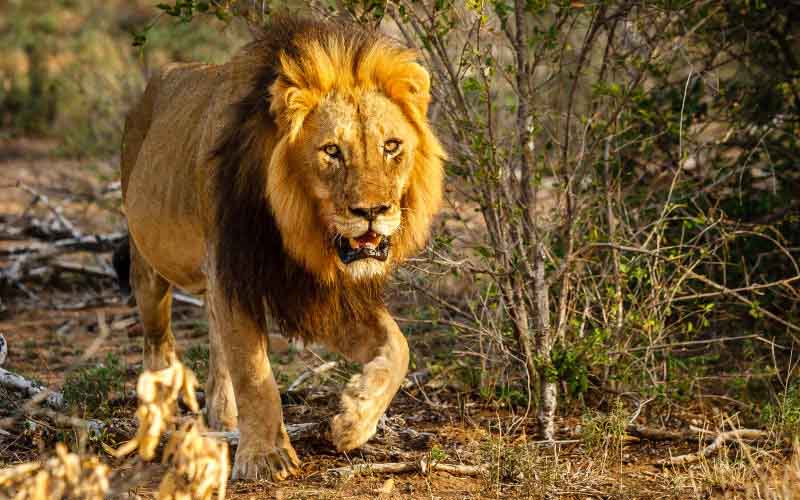×
The Standard e-Paper
Home To Bold Columnists

The African Lion [Courtesy]
International Fund for Animal Welfare (IFAW) is reaching out to individuals to boost its efforts to conserve African lions that risk extinction.